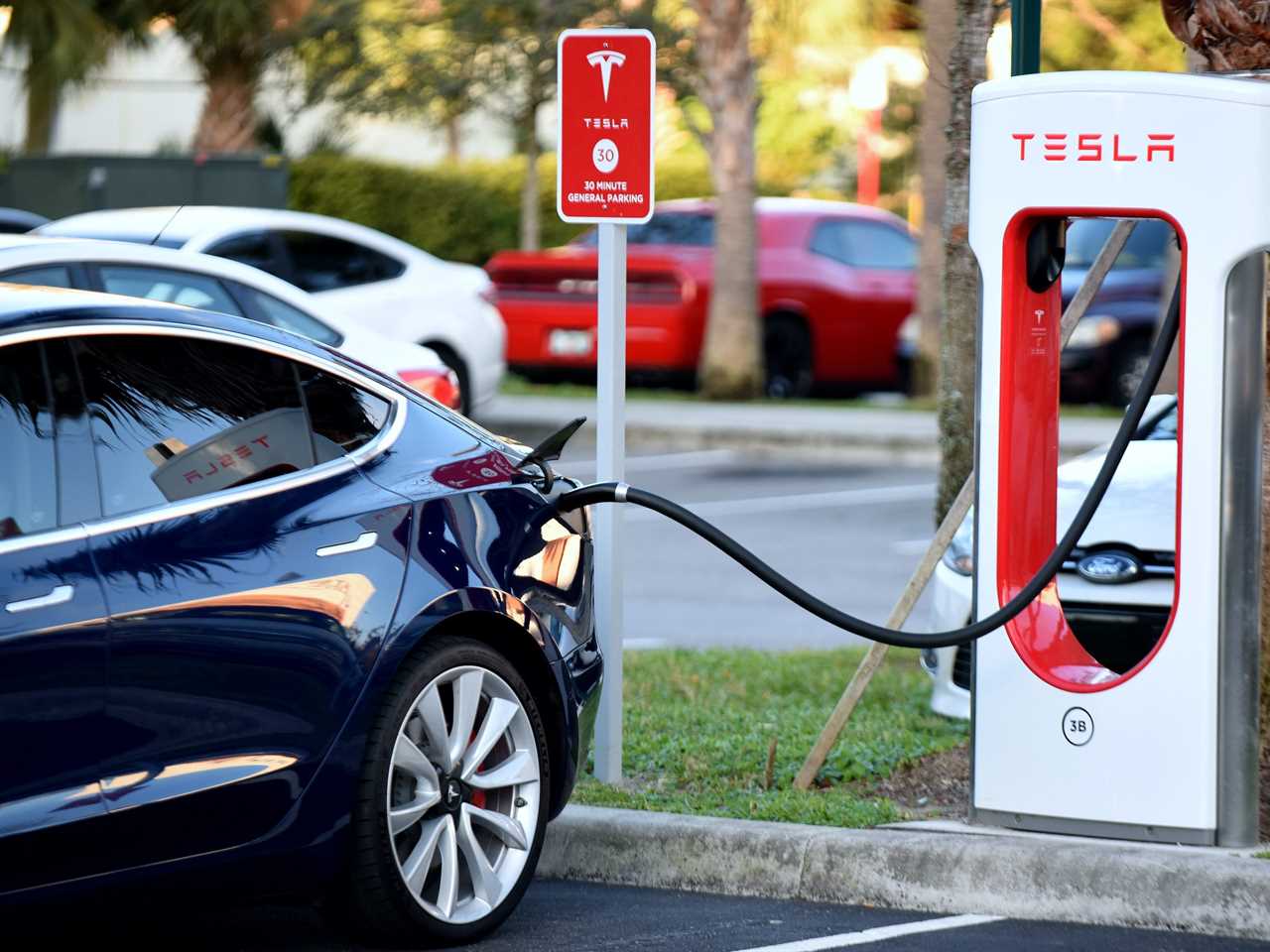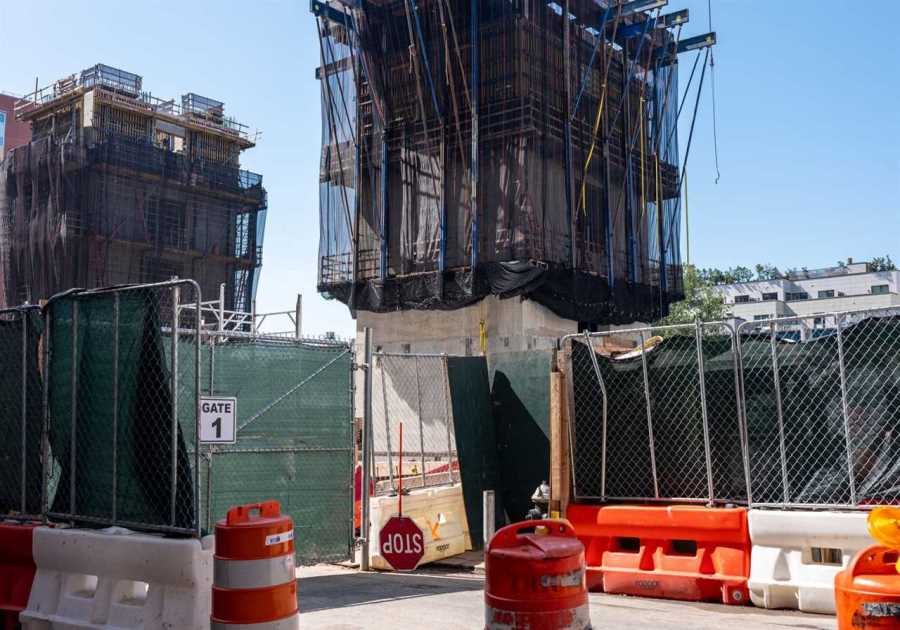
Paul Hennessy/NurPhoto via Getty Images
- Tesla slashing prices spurred industry panic over an all-out price war.
- The first batch of cuts sparked demand and forced other automakers to consider the same move.
- But Tesla’s latest cuts aren’t having the same effect, Morgan Stanley warned.
Tesla's price war has rocked the industry over the past few months, but Morgan Stanley experts say it was short-lived, especially in the electric-vehicle battleground that is China.
Elon Musk has been slashing the prices of his vehicles in China for months. But the cuts were largely a strategic move that, at first, helped Tesla shore up demand amid increasing competition.
Unfortunately for Tesla, further price reductions haven't seen the same positive reaction as the earlier adjustments.
"Tesla's price cuts started a broader round of industry price reductions," Morgan Stanley auto analyst Adam Jonas said in a note to clients on March 10. "Unlike earlier cuts that triggered a strong demand-response, this round has not seen follow-through as consumers wait for further cuts."
Not all Tesla customers were pleased: Protesters demanded refunds for the price difference from when they bought their cars just weeks or months earlier for a higher cost.
The Chinese auto market accounts for 30 to 40% of Tesla's profitability, Morgan Stanley estimates. Its biggest competition there, BYD (whose stock has declined since the price war began), has also introduced discounts. But waning reactions to those also "mark another climax of the price battle."
"April is now the crunch to put a pause in the price war," the analysts said. "The market will focus on whether the relentless price war in the China car market can come to taking a breather at least in April, with more new vehicle launches and less inventory risk of legacy models."
A similar price war is afoot in the US
Tesla made similar moves in the US at the start of the year, with cuts of up to 20% on the Model 3 sedan and Model Y SUV. The cuts shortly followed the company's tough 2022 in which it fell short of Wall Street expectations.
Interest in and demand for the vehicles skyrocketed, forcing others to consider price cuts of their own. Ford reduced prices on the Mustang Mach-E electric SUV, and even luxury gas-powered brands made cuts. But some automakers, like GM and Volkswagen, opted not to engage in the price war.
The price cuts aimed to undercut rivals and boost the automaker's market share, which fell from 79.4% of the EV market in 2020 to 65.4% last year, as others launch more EV products. Tesla, however, continues to attract brand converts.
Still, Tesla's moves had some negative consequences in the US, too. Some recent Tesla buyers felt duped that they just missed out on the cuts. Other Tesla owners petitioned for free trials of Full Self-Driving software or free Supercharging miles to make up for it.
Meanwhile, owners of used Teslas saw their vehicle values fall substantially.
Tesla made another round of cuts earlier this month, lowering the price of the Model S sedan by $5,000 and the Model S SUV by $10,000.
It seems the price war is a slippery one to engage in, as now, customers feel trained to wait for additional cuts. It all could be just another sign that Tesla has its work cut out for it.
"Prolonged price competition will likely aggravate consumer hesitancy in placing orders," Morgan Stanley, which remains bullish on the stock, said. "We gauge a full-blown price war would urge consumers to stay sidelined and await more promotions/discounts to come."
Read More
By: [email protected] (Alexa St. John)
Title: Tesla's price war is starting to backfire
Sourced From: www.businessinsider.com/teslas-price-war-china-electric-vehicle-demand-discounts-morgan-stanley-2023-3
Published Date: Tue, 14 Mar 2023 14:55:07 +0000
.png)





